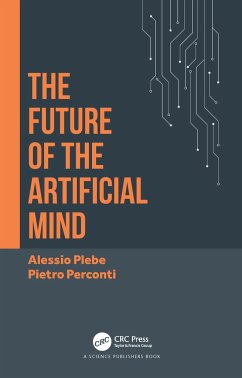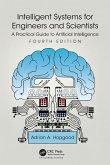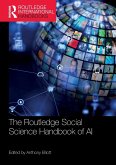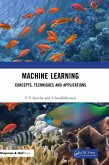The Future of the Artificial Mind is about the social and technological challenges posed by the new wave of artificial intelligence, both from a technical and a cognitive perspective. Deep neural networks have brought about tremendous technological improvements. This renaissance in artificial intelligence, after decades of stagnation, has enabled new technologies capable of surpassing human performance, as in the case of visual recognition.
The book reviews the key ideas that have enabled these goals to be achieved and their historical origins. The book also considers some of the ethical and social challenges that the future development of artificial intelligence will face. Will humans fall in love with future android dolls? What will artificial sex be like? And what will it be like to travel in cars that will treat us as passengers instead of drivers? But predicting the future appears more magic than science. But when it comes to artificial intelligence, it is a constant temptation. Since it is well known that "the only way to get rid of a temptation is to enjoy it!", the hypothesis considered in the last chapter is that emerging trends point to a near future in which intelligence will be ubiquitous, but it will be difficult to identify its bearer. We may be heading towards an era of widespread intelligence, but an intelligence without accountability.
The book reviews the key ideas that have enabled these goals to be achieved and their historical origins. The book also considers some of the ethical and social challenges that the future development of artificial intelligence will face. Will humans fall in love with future android dolls? What will artificial sex be like? And what will it be like to travel in cars that will treat us as passengers instead of drivers? But predicting the future appears more magic than science. But when it comes to artificial intelligence, it is a constant temptation. Since it is well known that "the only way to get rid of a temptation is to enjoy it!", the hypothesis considered in the last chapter is that emerging trends point to a near future in which intelligence will be ubiquitous, but it will be difficult to identify its bearer. We may be heading towards an era of widespread intelligence, but an intelligence without accountability.








